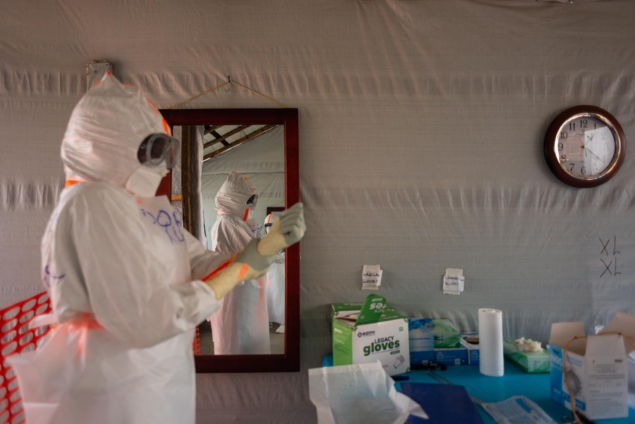Less than four months after the first case of the Sudan ebolavirus-related Ebola disease was confirmed in the country's central Mubende district on September 20, 2022, health authorities in Uganda declared the outbreak of the disease to be over.
Dr. Jane Ruth Aceng Ocero, the country's minister of health, says that Uganda quickly put an end to the Ebola outbreak by stepping up crucial control measures like surveillance and contact tracing, among other things.
According to Dr. Ocero, efforts were increased to implement a strong response across the nine affected districts, and the key was communities that understood the significance of taking the necessary steps to end the outbreak.
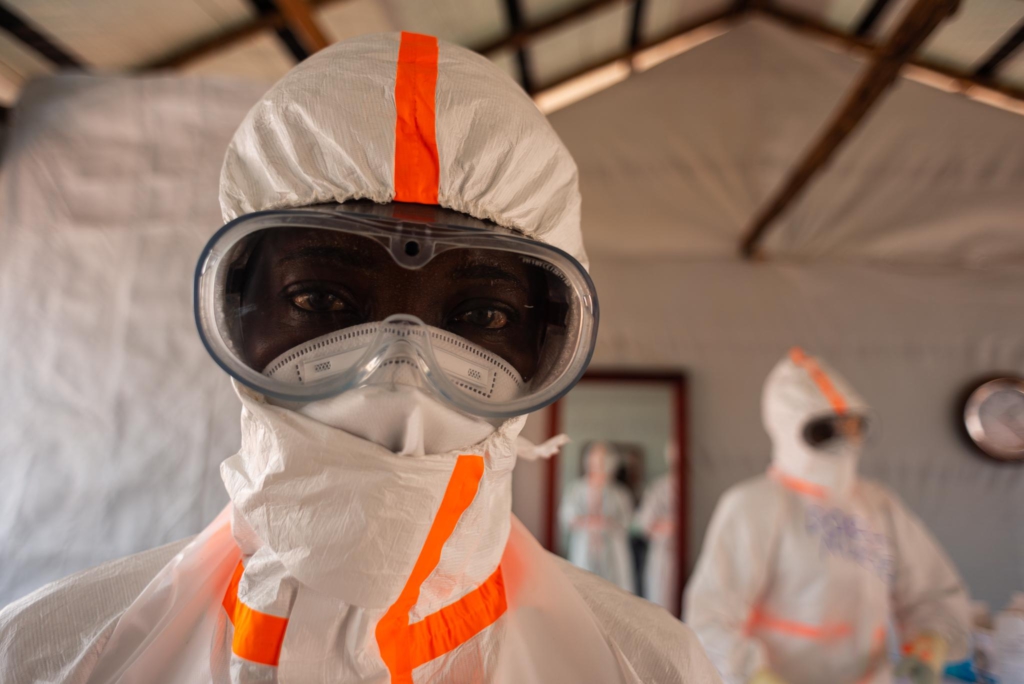
"Uganda put a swift end to the Ebola outbreak by ramping up key control measures such as surveillance, contact tracing and infection, prevention and control. While we expanded our efforts to put a strong response in place across the nine affected districts, the magic bullet has been our communities who understood the importance of doing what was needed to end the outbreak, and took action,” she said.
The Sudan ebolavirus, one of six Ebola virus species for which no approved treatments or vaccines have been developed, was the cause of the Ebola outbreak. However, due to Uganda's extensive experience in dealing with epidemics, the nation was able to quickly strengthen crucial aspects of the response and get around the lack of these essential tools.
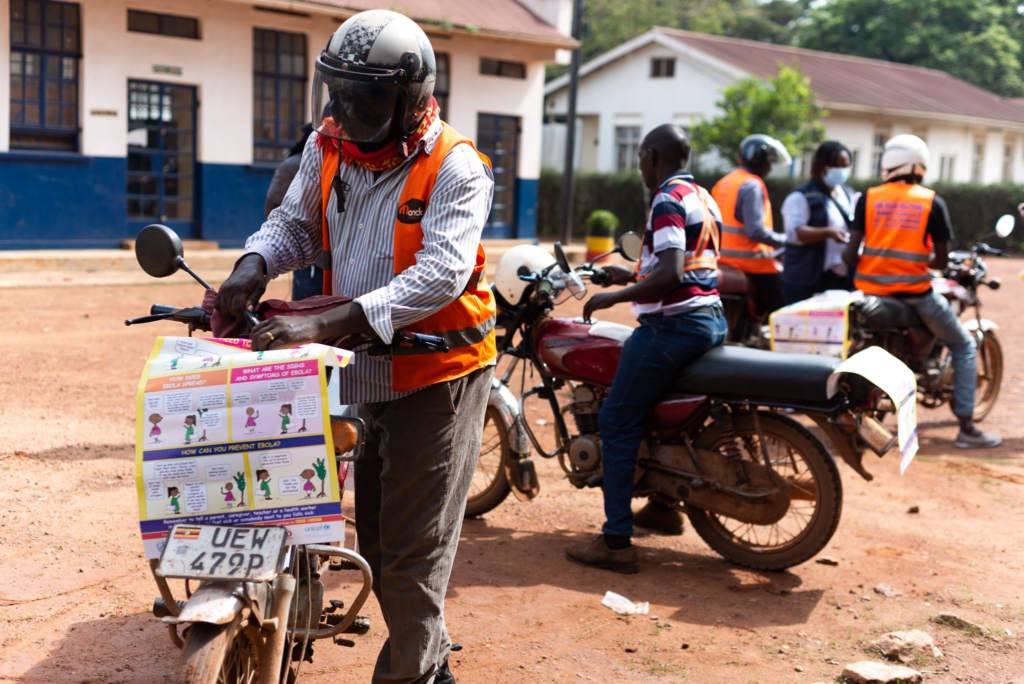
Without vaccines and therapeutics, the outbreak was difficult, but Uganda maintained its course and effectively handled the situation, according to a statement from Dr. Matshidiso Moeti, WHO Regional Director for Africa.
“With no vaccines and therapeutics, this was one of the most challenging Ebola outbreaks in the past five years, but Uganda stayed the course and continuously fine-tuned its response. Two months ago, it looked as if Ebola would cast a dark shadow over the country well into 2023, as the outbreak reached major cities such as Kampala and Jinja, but this win starts off the year on a note of great hope for Africa.”
The WHO collaborated with a wide range of partners, including vaccine developers, researchers, donors, and the Ugandan health authorities, to identify potential therapeutics and vaccines for clinical trials soon after Uganda declared the Sudan ebolavirus outbreak.
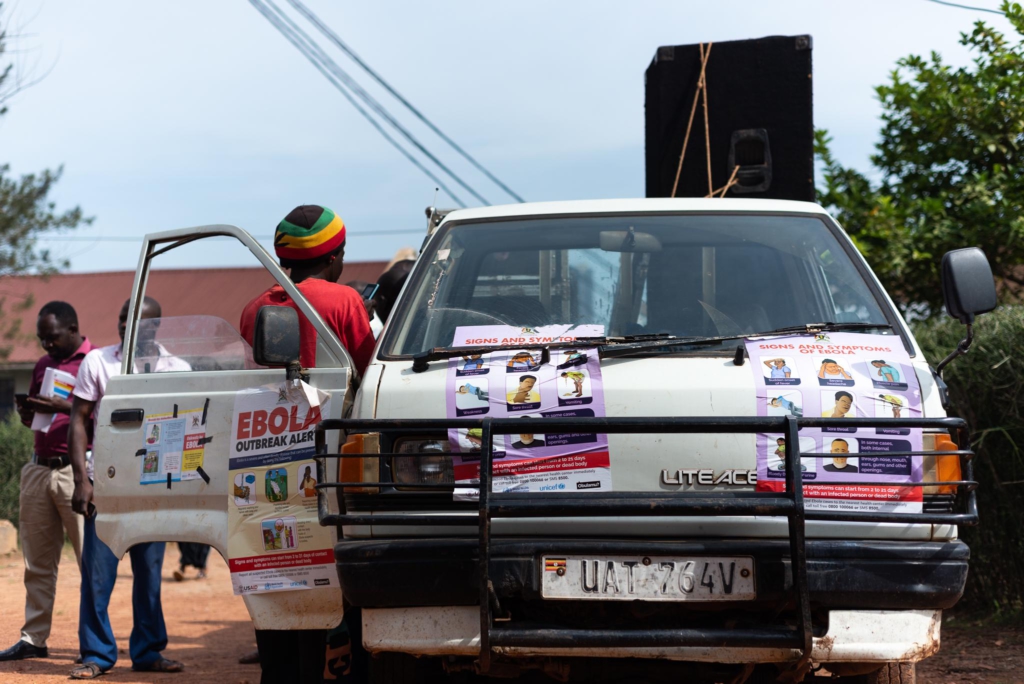
Over 5000 doses of each of the three candidate vaccines were shipped into the nation; the first batch arrived on December 8 and the final two on December 17. The quickness of this cooperation represents a turning point in the ability of the world to respond to rapidly evolving outbreaks and stop them from spreading.
Dr. Tedros Adhanom Ghebreyesus, Director-General of the World Health Organization (WHO), commends Uganda for its effective response and asserts that the WHO's systems put in place to deal with this outbreak will protect Ugandans and others in the coming years.
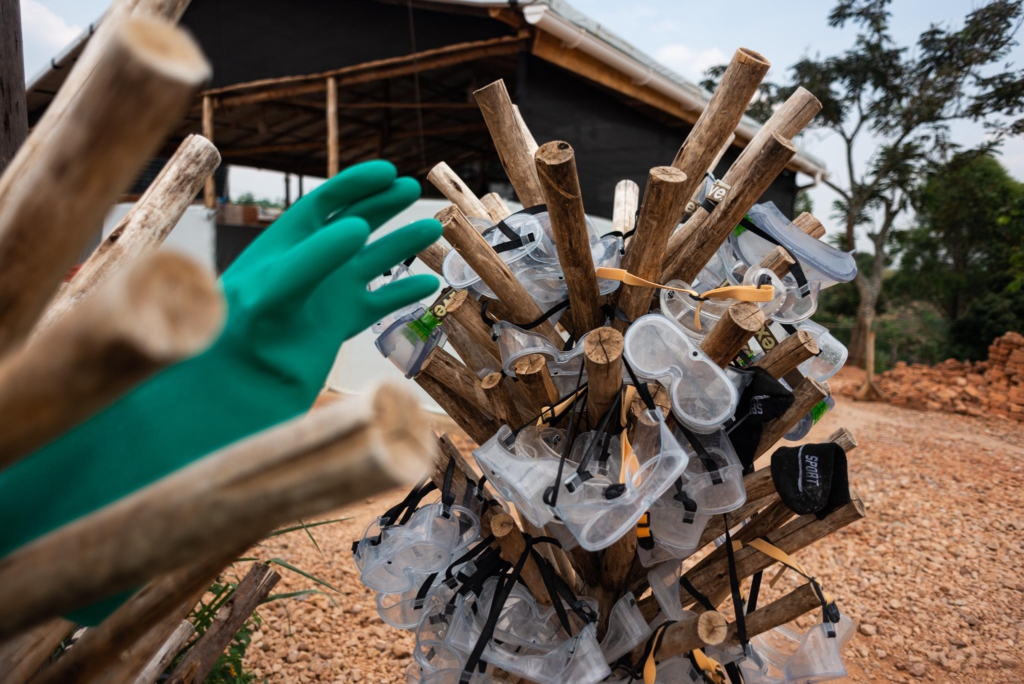
"Uganda has shown that Ebola can be defeated when the whole system works together, from having an alert system in place to finding and caring for people affected and their contacts to gaining the full participation of affected communities in the response,” Dr Ghebreyesus said.
Health authorities are still monitoring the situation to act quickly in the event of any flare-ups even though the outbreak in Uganda has been declared to be over. To help survivors, a follow-up program has been established.
Neighboring countries have been urged to maintain their state of alertness.
Latest Stories
-
“I want to be myself” Afua Etruwaa
1 minute -
Future leaders MUN-Ghana and GMB 2024 winner engage Spanish Ambassador on climate action and youth empowerment
3 minutes -
Charting Ghana’s Path to a Sustainable Blue Economy: Insights from global best practices and the role of a national strategy
5 minutes -
Built by brains
26 minutes -
Lali x Lola to cut off their hair in advocacy for peace between Stonebwoy and Shatta Wale
29 minutes -
Ghana hosts maiden Africa Sustainability Insurance Conference
36 minutes -
Meta expands restrictions for teen users to Facebook and Messenger
40 minutes -
“Add life to days”: Prof. Ameyaw champions comprehensive palliative care in Ghana
43 minutes -
Cooperate with us – NACOC tells Ntim Fordjour over ‘suspicious flight’ claims
50 minutes -
Hilla Limann Technical University TUTAG declares indefinite strike
60 minutes -
No contract approvals without commencement authorisation – Finance Minister
1 hour -
Clean energy’s share of world’s electricity reaches 40%, report says
1 hour -
China is not backing down from Trump’s tariff war. What next?
1 hour -
Ben South makes stand-up comedy debut at ‘A Fool in April’
1 hour -
U.S and Ghana armies co-host weeklong Land Forces Summit in Accra
1 hour

